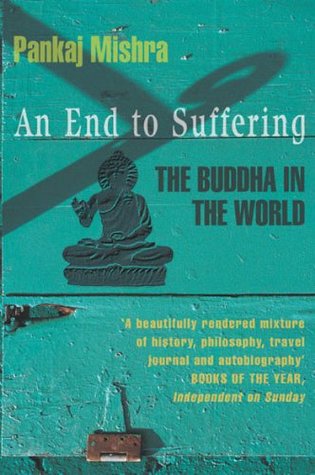More on this book
Kindle Notes & Highlights
the sublime expression that lacks both gentleness and passion and speaks instead of a freedom from suffering, hard won and irrevocable.
I can’t recall a spiritual crisis leading me to the Buddha. But then I didn’t know myself well; the crisis may have occurred without my being aware of it.
the Buddhist view of individual identity as a construct, a composite of matter, form, perceptions, ideas, instincts and consciousness, but without an unchanging unity or integrity.
the ‘I’ was not a stable and autonomous entity and indeed was no more than a convenient label for the provisional relations among its constantly changing physical and mental parts.
He had spoken instead of ordinary human experience: of how neither the individual self nor the world is stable, how our desire for things innately impermanent makes for frustration, turning life into perpetual discontentment, and how human individuals could achieve liberation, nirvana, by freeing themselves from greed, hatred and delusion.
Nietzsche admired the Buddha but saw him as a dangerous temptation to nineteenth-century Europeans who he thought were confronted with a meaningless world after denying God and traditional morality, and were likely to find refuge in the ‘passive nihilism’ of Buddha.
It was this new religion of rationality and progress – the belief in the human potential to work the kind of wonders which once only God could have performed – that the armies of Napoleon Bonaparte rapidly exported across Europe and, later, to many other parts of the world, making the French Revolution the first truly universal event in history.


